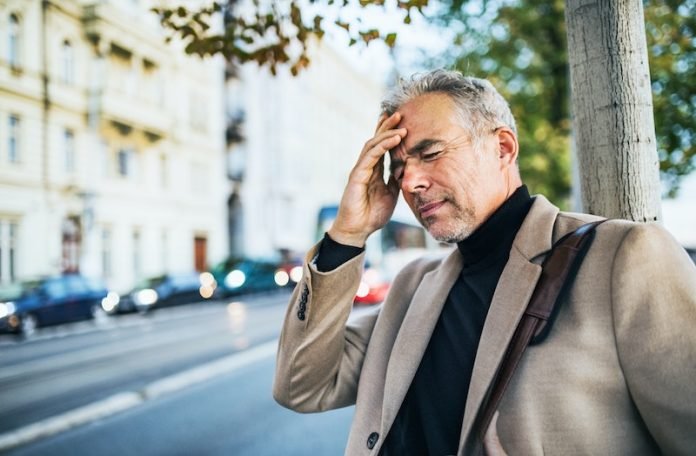
Did you know many people suffer from back and neck pain? In fact, over half a billion people around the world have this problem at any given time.
In Australia, many people who visit the doctor because of neck or back pain get pain-relieving medicines called opioids.
The Big Test: “The OPAL Trial”
A big study called the OPAL trial was done by the University of Sydney. They wanted to find out if opioids were good at taking away the pain.
Almost 350 people from over 150 different health places joined this study. Each of them had sudden back or neck pain. They were split into two groups.
One group got the opioid medicine, while the other group got a fake medicine (we call this a “placebo”). All these people were also told to avoid staying in bed and to keep moving. They kept an eye on these people for a year.
Surprising Findings: “No More Pain?”
After six weeks, they found out something surprising. The people who took the opioid medicine didn’t feel better than those who took the placebo.
In fact, the people who took the placebo ended up feeling better and happier in the long run. Those who took the opioid even had a little more chance to misuse the medicine after a year.
Expert’s Opinion: “A New Approach”
Professor Christine Lin from Sydney Musculoskeletal Health led the study. She said that giving opioid medicine to people with sudden back or neck pain was not helpful. It could even hurt them in the long run.
“Opioids should not be recommended for acute back and neck pain. Not even when other drug treatments are not able to be prescribed or have not been effective for a patient.”
The Worldwide Goal: “Less Opioid Use”
Many doctors around the world want to use fewer opioids. They say these medicines should only be used if they’re really needed and the good things outweigh the bad.
Professor Chris Maher, who also worked on the study, said doctors should give advice to keep moving and may suggest simple pain relievers if needed.
The Dark Side: “The Harms of Opioids”
Opioids can hurt people a lot. Professor Andrew McLachlan from Sydney Pharmacy School talked about this. He mentioned problems like constipation, sleepiness, addiction, and even accidental death.
He said the study should make doctors think twice before giving these medicines.
In Australia, nearly 150 people go to the hospital and 14 people go to the emergency room every day because of problems with opioids. Three people even die each day from these medicines.
Looking Forward: “Time for Change”
The study had some small issues, like some missing information and problems with people taking their medicine properly.
But the scientists believe their big finding — that opioids aren’t helpful for sudden back and neck pain — is solid.
This story adds to other research that shows opioids may be a bit helpful for long-lasting back pain, but they come with risks.
This new finding makes us rethink about how we handle pain, and it shows the need to find better ways to help people who suffer from back and neck pain.
If you care about pain, please read studies about vitamin K deficiency linked to hip fractures in old people, and these vitamins could help reduce bone fracture risk.
For more information about wellness, please see recent studies that Krill oil could improve muscle health in older people, and eating yogurt linked to lower frailty in older people.
The study was published in The Lancet.
Copyright © 2023 Knowridge Science Report. All rights reserved.



